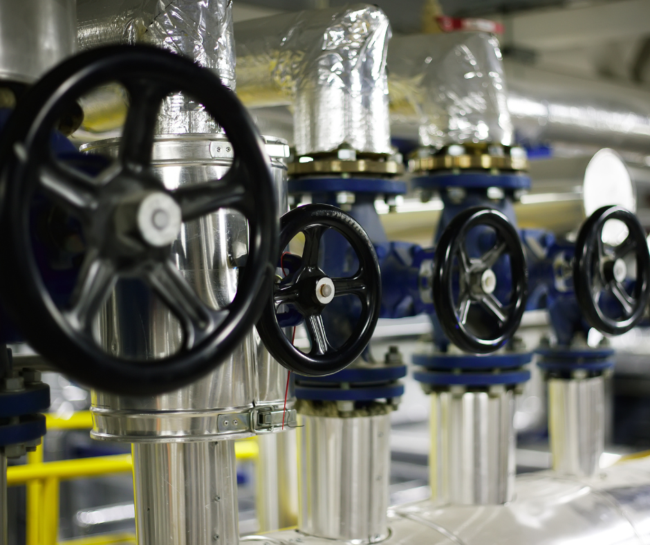Industrial valves are mechanical devices designed to control the flow of fluids (liquids, gases, slurries, etc.) within industrial processes. They act like sophisticated taps or gates, allowing operators to start, stop, regulate, or isolate the movement of these materials through pipelines and equipment. Because there are different valves for several industries, they must undergo several types of industrial valve testing.
Hydrostatic Testing
Hydrostatic testing, also known as pressure testing, is a procedure used to verify the structural integrity and security of industrial valves. This test involves filling the valve with a liquid, typically water, and then gradually increasing the internal pressure to a predetermined test pressure. This pressure is held for a specific duration while the exterior of the valve is carefully inspected for any signs of leakage, weeping, or structural deformation. Successful hydrostatic testing ensures the valve can safely withstand its intended operating pressures and prevent unwanted fluid loss or environmental hazards.
Fugitive Emissions Testing
Fugitive emissions testing is a process used to detect and quantify unintended leaks of gases or vapors from pressurized industrial valves. Some of the unintended leaks are volatile organic compounds (VOCs) or greenhouse gases and they can escape into the atmosphere due to wear, corrosion, improper installation, or design flaws. The testing measures these emissions using various methods like optical gas imaging, sniffer devices, or bagging methods. Fugitive Emissions testing aims to ensure regulatory compliance, improve safety, prevent product loss, and mitigate environmental impact.
API RP 591
API RP 591 evaluation is an assessment of a valve manufacturer’s capabilities to produce new valves that conform to applicable industry standards. It involves scrutinizing the manufacturer’s valve design, construction methods, and overall quality management system. The process typically includes a review of the manufacturer’s documentation, material specifications, manufacturing processes, and quality control procedures to verify their compliance and ability to meet the required standards. An API RP 591 evaluation’s goal is to provide purchasers with a higher degree of confidence in the quality and reliability of the industrial valves.
Cryogenic Testing
Cryogenic testing for industrial valves is a procedure conducted to evaluate their performance when subjected to extremely low temperatures, typically below -148°F. This testing is crucial for valves intended for cryogenic applications, such as handling liquefied natural gas (LNG), liquid nitrogen, or other cryogenic fluids. The materials of construction, sealing mechanisms, and overall design are critical factors evaluated during cryogenic testing.
Testing Your Industrial Valves with United Valve
Industrial valve testing is essential for several industries because it ensures the integrity, safety, and reliability of the overall operation. At United Valve, our engineers will ensure that your valves are dependable and will cause no trouble on the job. Contact our team today to learn more about our industrial valve services!
